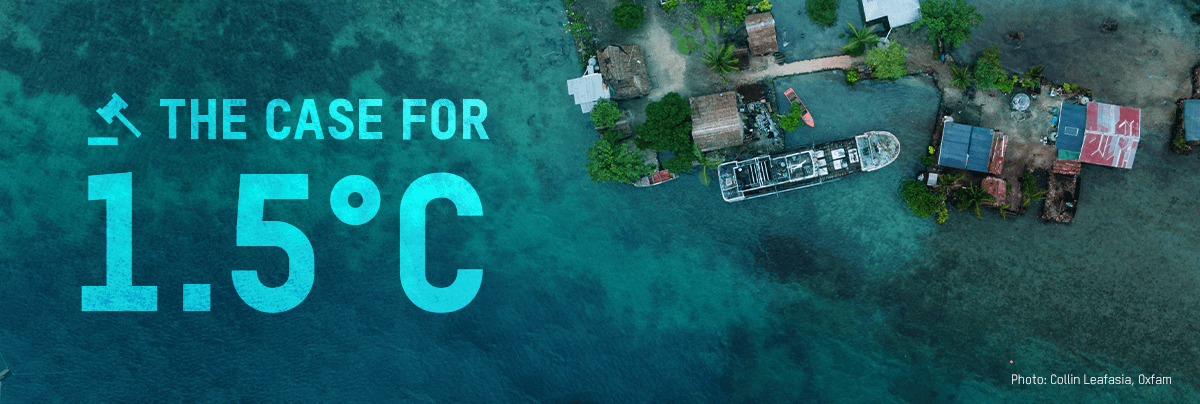What is this case about?
Taking place at the High Court in Wellington from Monday 28 February, Lawyers for Climate Action (LCANZI) will challenge the advice the Climate Change Commission gave government in 2021. LCANZI’s claim is that the advice given is illegal and inconsistent with the science of keeping global heating to 1.5 degrees. The New Zealand government has been relying on this advice to set its 2030 emissions reduction target and emissions budgets.
If LCANZI’s claim is successful, this in turn means that the government decisions on the 2030 target and proposed emissions budgets are unlawful, and could force the government to dramatically increase the level of action it plans to take to reduce emissions in the forthcoming Emissions Reduction Plan.
What are Lawyers for Climate Action claiming the Climate Commission got wrong?
There are four arguments being made by Lawyers for Climate Action, claiming that the Climate Commission:

The first argument is that the Climate Commission’s advice of the 2030 emissions reduction target would be compatible with keeping global heating within 1.5 degrees. LCANZI is arguing that the Commissions advice was based on a false application of the science (essentially a maths/logic error), and therefore is illegal.

The second argument is that the Commission interpreted their responsibilities in the Zero Carbon Act incorrectly.
The first main way LCANZI claim the Commission did this is by putting too much weight on practical inconvenience and worrying too much about the financial cost to the country. LCANZI claims that the Commission did not prioritise what action would contribute to keeping to 1.5 degrees which is the primary purpose of the Zero Carbon Act.
The second way points to the fact that the Zero Carbon Act must be interpreted consistently with international law, including the Paris Agreement. The Paris Agreement requires that our domestic action aims to achieve our 2030 emissions reduction target (the NDC). As it stands, our domestic action will only achieve 1/3 of our 2030 target, while the other 2/3rds would be met by paying other countries to plant trees/reduce their emissions.

The third argument is that the Commission used the wrong accounting method to measure New Zealand’s emissions. The Zero Carbon Act requires a ‘net accounting emissions’, but the Commission used an averaging approach called ‘modified activity-based measure of emissions’ instead. Using the required net accounting approach, the Commission’s proposed actions would result in a rise in New Zealand’s emissions, not a fall, over the next ten years.

The fourth argument is essentially an extension of the first and second ones, but with another potential way the decision is illegal. It claims that in order to comply with the purpose of the Zero Carbon Act, the emissions budgets should have been at least compatible with the global average of what is needed to keep to 1.5 degrees, if not more. Because New Zealand is a wealthier country, and historic emitter, LCANZI argue that our fair share would actually be more than the average. In recommending emissions budgets way outside of this range, the Commission was acting outside their legal authority.
How will the outcome of this case impact New Zealanders?
The vast majority of New Zealanders want the government to be taking action on climate change to reduce our emissions. But we will only limit the worst impacts of climate change – to homes, the food we grow, the places we love, our economy, if we take action at the scale necessary to keep global heating to within 1.5 degrees.
This case will help expose the difference between the current action planned by the government and what is needed to keep to 1.5 degrees. If LCANZI is successful, the government would need to dramatically increase the scale and pace of actions to reduce Aotearoa’s emissions. This would include things like faster and more investment in public transport, phasing out petrol cars, changing the way we farm, accelerating the switch from coal and gas to renewable energy, and making our homes more energy efficient.
Shouldn’t we be backing the Climate Commission’s advice rather than taking them to court?
We’ve seen the impacts of climate change lead to more frequent droughts, flooding and wildfires here in New Zealand alone over the last year. The Pacific has been suffering the impacts of global warming even more than we have.
We’ve got one chance to get our response right in the next 8 years to limit the impacts of climate change getting worse and more disruptive. So, it’s important the targets and policies the government takes to reduce New Zealand’s contribution to the problem are sufficient enough to have the best chance of limiting those worst effects.
The Climate Commission’s role is to advise government based on the science and what the law requires, so that government can get things right. The courts provide a helpful accountability role to make sure the Commission is complying with the law.

So what can I do to support the case?
Right now, the government is deciding what to fund in its 2022 Budget and what policies to include in the Emissions Reduction Plan.
We can use this court action to send a powerful message about why keeping to 1.5 degrees is so important, and what the people in government’s decisions will mean for communities on the frontlines of climate change.
Spread the word about the case on social media by using the #CaseFor1point5 and go to the take action page to make your case for 1.5 degrees straight to those in government.

